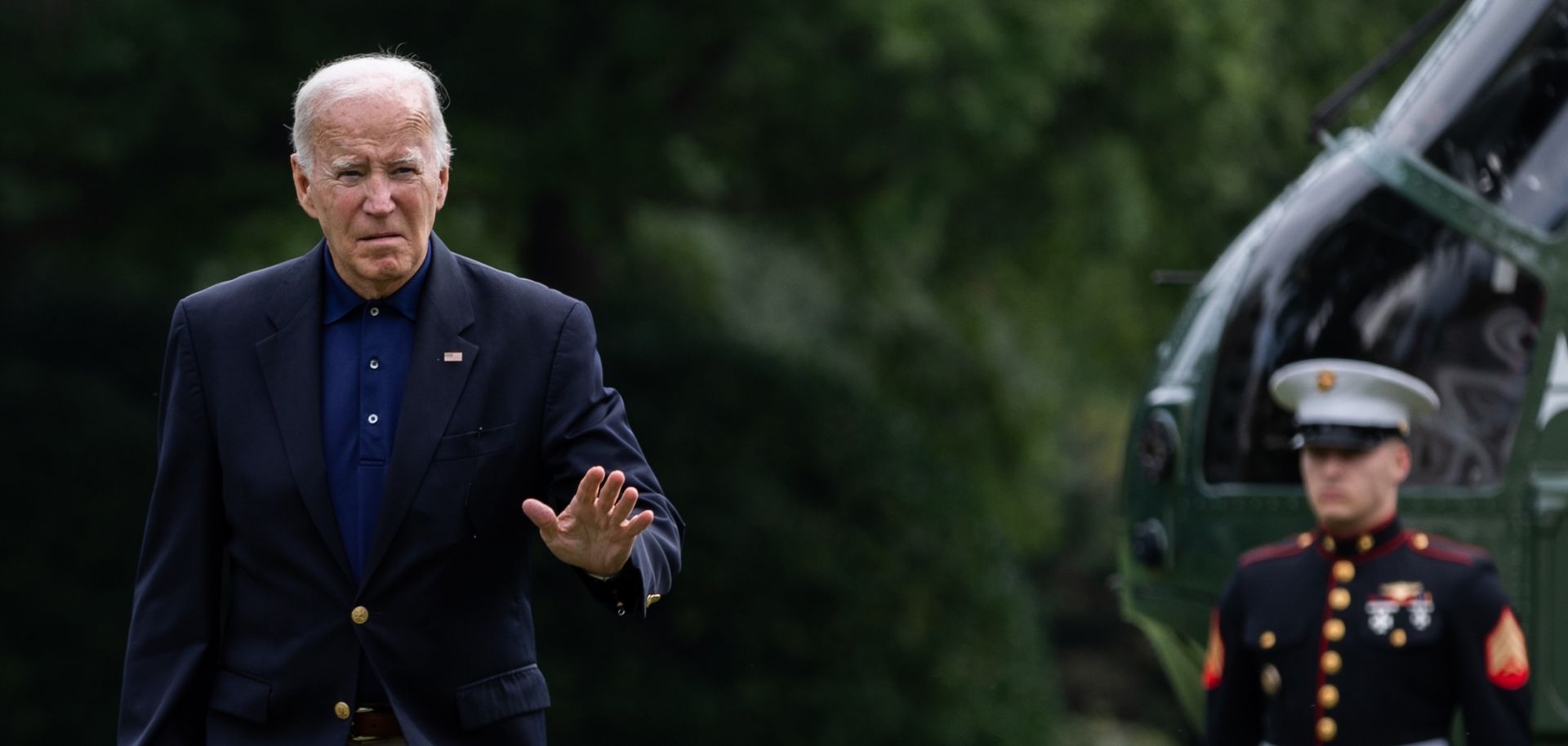The United States' policy in the Asia-Pacific is set to grow more assertive once Donald Trump returns to the White House on Jan. 20. Where outgoing President Joe Biden prioritized alliance building in the region, Trump is likely to take a stance in which immediate tangible gains for the United States will take precedence, possibly at the direct expense of other countries, and not only against rivals like China but against long-time allies like Japan, South Korea, Australia and the Philippines as well as more newly cultivated relationships with the likes of Indonesia and Vietnam. Trump is likely to further spike U.S.-China trade tensions, the downstream effects of which risk straining key regional partnerships, particularly in the context of trade ties, while Trump will take a less multilateral approach to U.S. regional interests and expect greater defense burdens from U.S. allies. Together, these factors suggest the Trump administration's relationship with...


